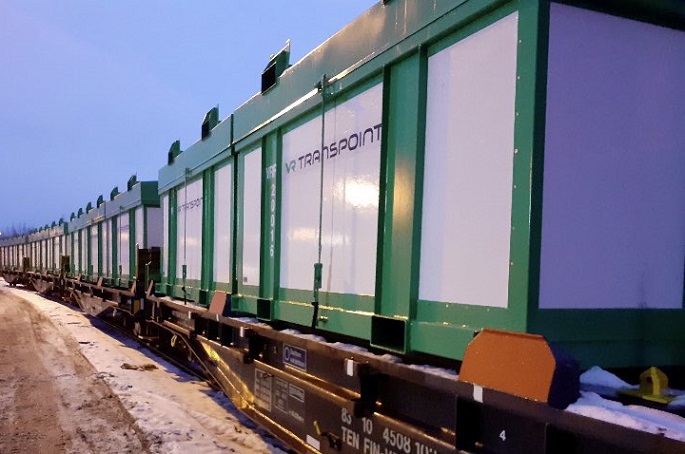Strike paralyses freight transports, industries
Published : 11 Mar 2024, 23:46
Updated : 12 Mar 2024, 00:15
Freight transport and production in the major industries remained standstill from Monday as the Central Organisation of Finnish Trade Unions (SAK) started tougher strike across the country protesting against the labour market reforms and cuts in working condition undertaken by the Kansallinen Kokoomus (National Coalition Party-NCP) led four-party alliance government.
The two-week long strike is being observed by all the major SAK affiliated trade unions including the Industrial Union, the Public and Welfare Sectors Trade Union JHL, the Finnish Transport Workers’ Union AKT, the Electrical Workers’ Union, the Finnish Construction Trade Union, and Service Union United PAM.
Meanwhile, the government remained strict on its position despite the appeal made by SAK on Sunday as a result it is unlikely to resolve the crisis immediately.
Strikes closed cargo freight services at all Finnish ports on Monday, although container transport via trucks using passenger ferries and air freight was unaffected, reported Xinhua. Major processing industry plants are to remain closed.
The Association of Retailers said customers may face shortages of some imported fresh products, such as fruit.
Finnish fuel producer Neste has reached an exemption agreement with the unions concerning its oil refinery in Finland, but it said local deliveries to pumps may face problems.
Neste produces aviation fuel, but the situation at Helsinki airport looked uncertain on Monday. The Finnish air traffic administrator Finntraffic told airlines that fuel deliveries to the airport had ceased.
National flag carrier Finnair said earlier that it would mainly refuel its aircraft abroad during the strike. However, long-haul flights may require technical landings for refueling, which will extend flight times.
Country´s airports operator Finavia in a press release on Monday said that aviation fuel used by airplanes is affected by the strike.
Finavia, together with other stakeholders, has actively worked to ensure that both international and domestic air traffic continues despite distribution disruptions at all Finavia airports.
Hundreds of companies operate at Finavia's twenty airports, all contributing to ensuring smooth air traffic. Airlines are making their own preparations to minimize the impact on passengers.
Passengers are advised to follow their airline's updates and contact the airline directly regarding individual flights.
The strike, however, does not affect the operation of airport equipment, such as runway maintenance, said Finavi.
“We are doing our best to ensure travel is possible during the strike. This is a political labor dispute that does not target Finavia, and Finavia is not a party to the strike. We will update this information if the impact of the strike changes,” the Finavia added.
The Confederation of Industries (EK) has estimated that the latest strike will result in losses of around 370 million euros. Strikes during the winter cost over one billion euros in economic losses, EK said.
Three opposition parties in the parliament on February 16 tabled a no-confidence motion against the four-party alliance government over the ongoing labour market unrest in the country.
The reforms include cutbacks in unemployment benefits, increasing opportunities for companies to break away from union tariff agreements, and restricting political or sympathy strikes in the labor market.
The government has also proposed a wage model in which wage increases in the export industry would set the ceiling for all other sectors of the Finnish economy.
The unions maintain that the reforms solely reflect the interests of employers.


